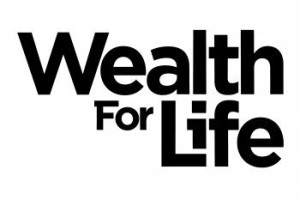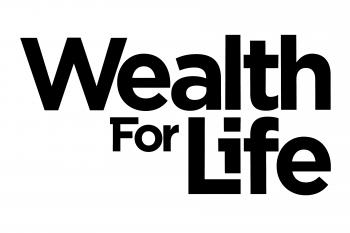
WASHINGTON, D.C. (September 23, 2016) —The Kogod School of Business at American University announces the launch of a new report that provides policy recommendations for the next President of the United States to grow the economy. The report titled, “Best Ideas to Grow the Economy” offers 50 recommendations from Fortune 500 CEO’s, small business owners, startup founders, state and local government officials and thought leaders from across the country.
Despite the U.S. job market nearing full employment, it has not produced substantial wage growth or equitable economic growth. Once the final vote is counted on Election Day 2016, American voters will begin to seek answers around how and when the President will stimulate our economy.
Report author Rebecca Cooper, Executive-In-Residence, Kogod School of Business, asked a wide range of business, government and economic experts nationwide one non-partisan question: “If you were called to the White House in January and asked by the new President for one (1) recommendation on a policy action or new law to help grow the economy, what would it be?”
“The purpose of this report is twofold; the report helps voters weigh which candidates’ ideas match up with what business and thought leaders say are the best ways to grow the economy,” said Rebecca Cooper, Executive-In-Residence, Kogod School of Business. “The survey also allows the candidates to hear directly from prominent men and women running businesses, cities and organizations regarding their beliefs on the most pressing and immediate economic challenges the next administration should address without hesitation.”
The report provides answers from small and large businesses in all 50 states, and from various industries, including manufacturing, real estate, financial services, non-profits, education, energy, retail and more. The survey results show a growing consensus around the need for the following improvements:
• Infrastructure – Ten leaders recommended infrastructure projects and spending as their most important action item. Both Donald Trump and Hillary Clinton listed infrastructure in their more recent economic plans as big priority items. However, both candidates rarely cite infrastructure when asked in interviews or forums for their top priority items.
• Education & Workforce Development – Eight leaders listed workforce development, education programs as necessary to improve the United States’ competitive edge.
• Tax Reform & Small Business Incentives – Six recommendations flagged tax incentive package for businesses as a top priority. The small business incentives feedback focused on spurring innovation, access to capital, targeting tax incentives, reduced regulations, and certainty in government policy beyond “one year fixes” to budget issues in Washington.
• Healthcare – Four recommendations highlighted the need to bring down high healthcare costs, but with little to no specifics on what to do to enact improvements.
• Immigration – Three of the 50 leaders cited immigration reform as their top economic growth recommendation. However, respondents were divided as to whether to loosen or tighten immigration restrictions.
• Affordable Housing – One respondent advised the next President to focus on affordable housing and homelessness as a starting point that would yield improvements in education achievement, healthcare costs, as well as other social and financial outcomes.
“The answers we received are rather surprising,” said Cooper. “We thought most business leaders would recommend changes to corporate tax rates as the top policy action to help grow the economy, but instead the answer we saw most often was a call for infrastructure improvements.” The formation of new trade pacts is commonly voiced as a priority in our nation’s economic growth; however, the leaders queried did not describe international trade agreements as a major factor. Additionally, from analyzing the responses, Cooper noticed many roadblocks to economic growth are issues that are not currently a part of campaign dialogues.
According to the data, there is a growing consensus around both infrastructure and education and workforce development for economic growth, which indicates these items could become action items in 2017 for the White House and Congress. However, the lack of consensus in the report over which types of tax policy incentives and immigration and healthcare reforms would best grow the economy indicate those items may become lower policy priority items for the next administration.
The Kogod School of Business is in the process of collecting and analyzing an additional set of 50 business leaders’ responses for a forthcoming report. For more information on the data set announced today and for updates on the forthcoming report, please visit: http://kogodbusiness.com/reports/ideas-to-grow-the-economy/.



































